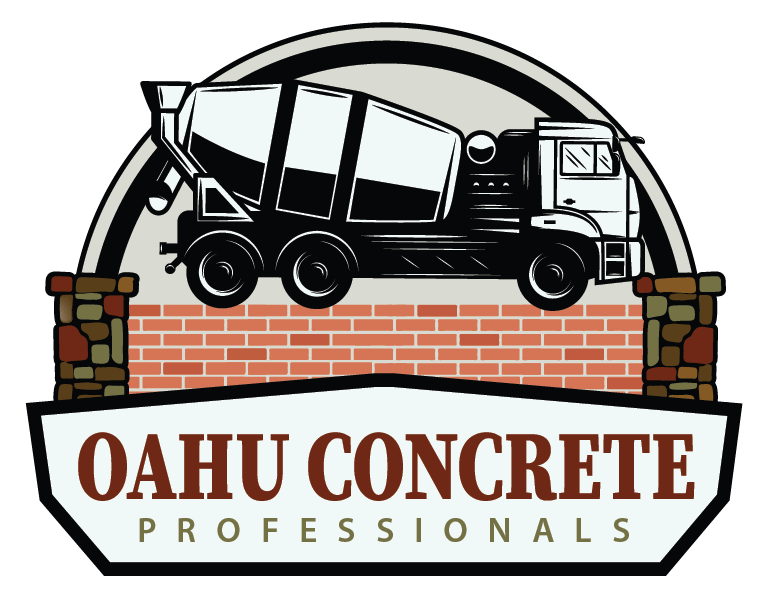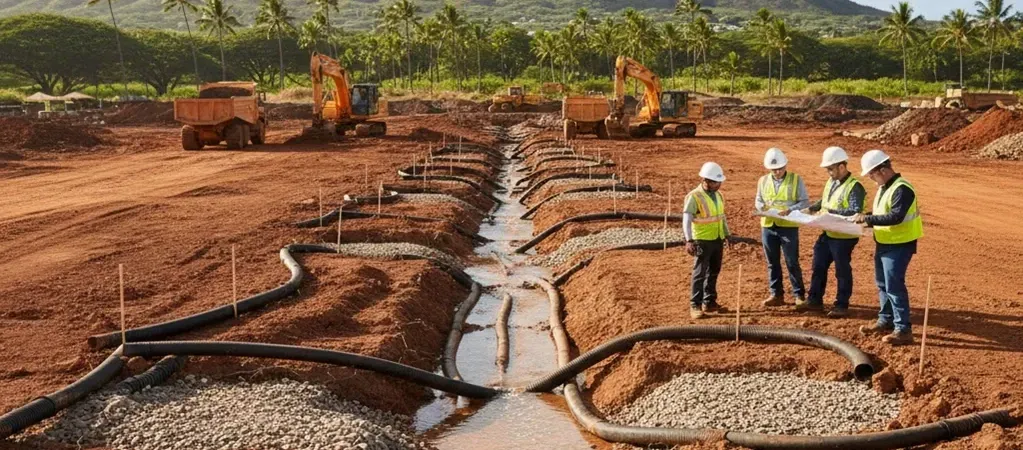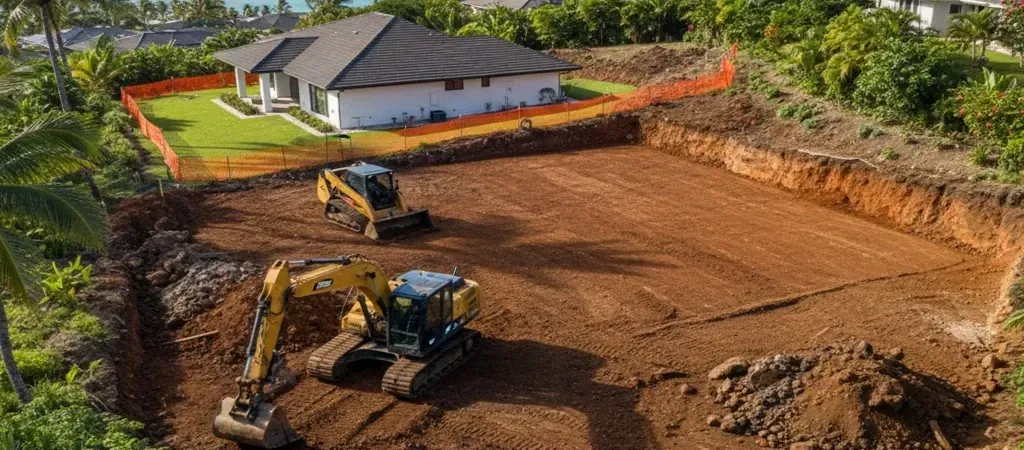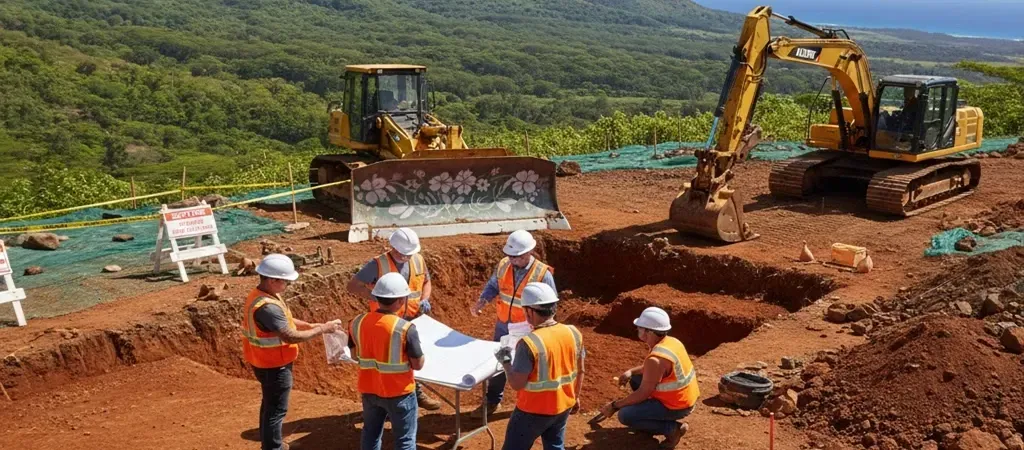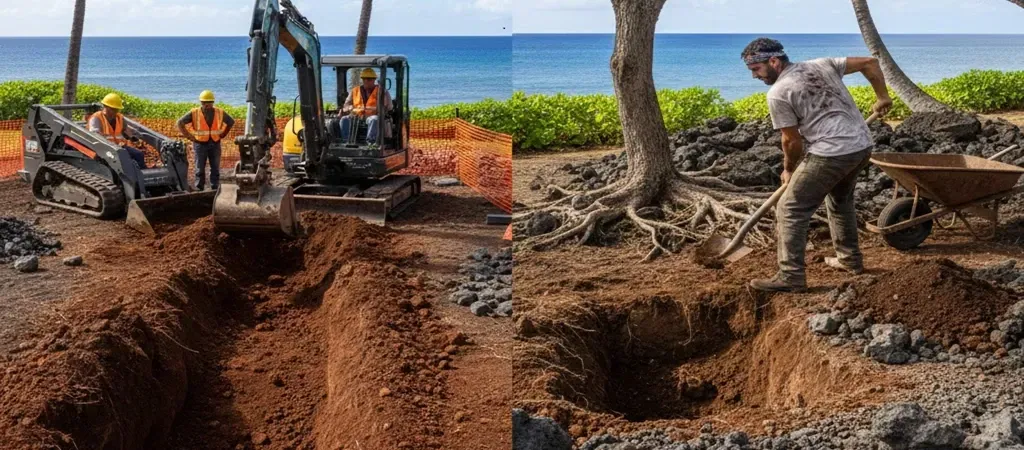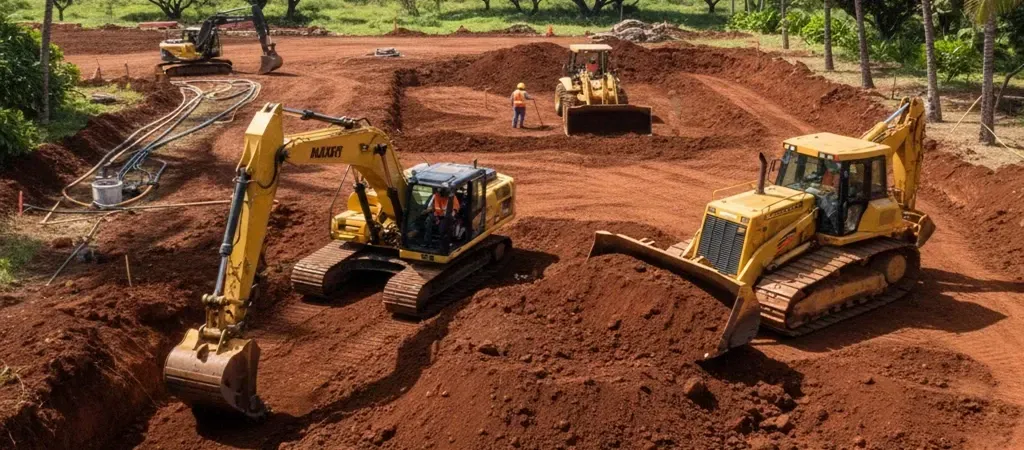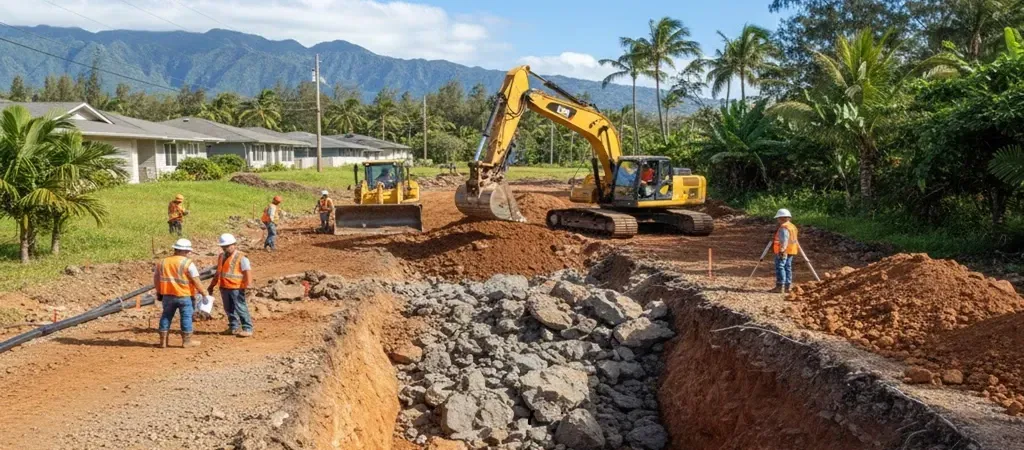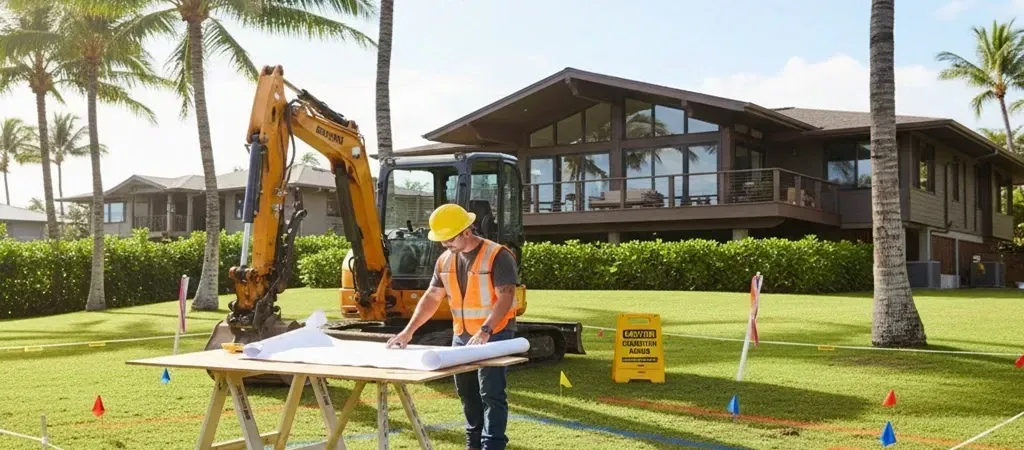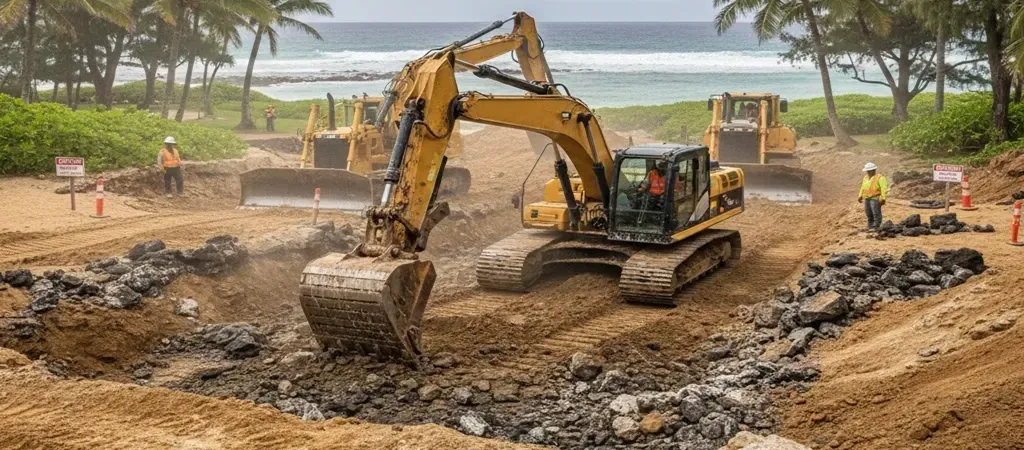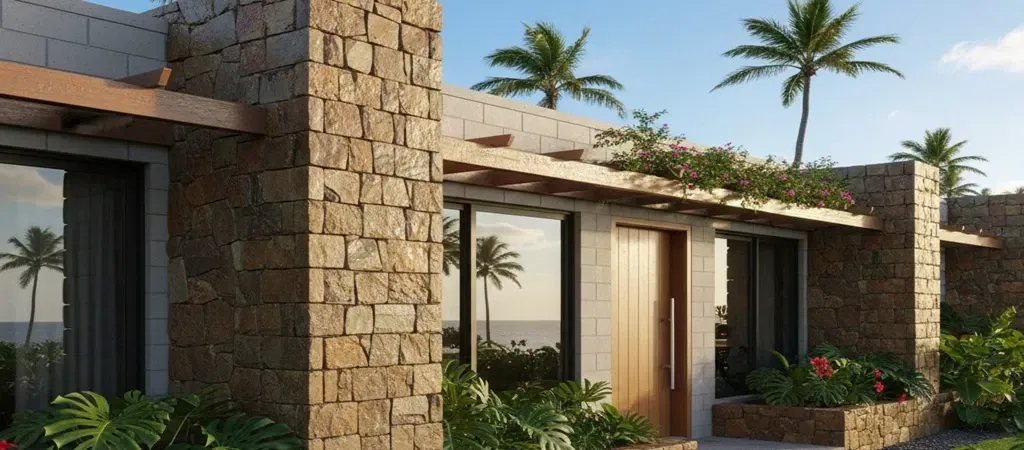How to Choose Reliable Excavation Services in Hawaii
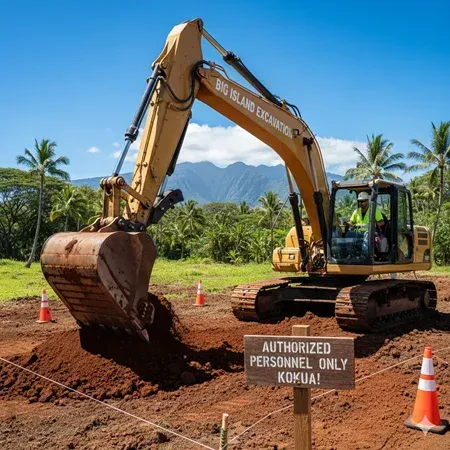
Hawaii is famous for its postcard-perfect beaches and rugged volcanic landscapes. But if you live or build here, you already know the islands pose serious challenges for construction.
Beaches on O‘ahu, Maui, and Kauai are shrinking at an average of 0.11 meters each year, while some areas on O‘ahu’s south shore are actually sinking more than 25 millimeters annually. That mix of erosion, shifting soils, and high groundwater makes
excavation work in Hawaii trickier than most people expect.
That’s why choosing reliable excavation services isn’t just a formality. Picking the wrong team can mean busted water lines, unstable foundations, or fines from ignored permits.
To help you avoid that, here are seven practical steps to finding the right excavation contractor in Hawaii.
1. Check Local Laws, Permits, and Safety Standards
The first mistake many homeowners and even developers make is assuming excavation is just about moving dirt. In Hawaii, it’s much more controlled. Most counties require permits even for modest digging projects. Without them, your work can be shut down midstream.
Another must-do is calling 811, the “Call Before You Dig” service. They’ll flag underground lines for gas, water, and communications. Skip this and you could end up with a dangerous (and expensive) accident.
Licensing is also key. Contractors need a C-17 Excavating, Grading, and Trenching license through the Department of Commerce and Consumer Affairs. A valid license proves they’ve met state requirements, carry insurance, and understand safety standards.
If you want reliable excavation services, start with companies that can check all of these boxes.
2. Look for Local Experience & Reputation
Experience counts everywhere, but in Hawaii, it’s non-negotiable. The soils here are volcanic, clay-heavy, or sandy, depending on the site. Slopes are common, drainage is unpredictable, and rainstorms can wash out poorly planned work. Someone used to flat suburban lots on the mainland might not see these problems coming.
Ask potential contractors what kind of local projects they’ve handled. Residential concrete services like driveways or patios on steep hillsides? Commercial projects near coastal wetlands? If they can show you photos, references, or even take you to see past sites, that’s a good sign.
Don’t forget reputation. Online reviews and Better Business Bureau reports are helpful, but word of mouth carries real weight in island communities. A firm with a steady history of solid work in Hawaii is far more likely to give you reliable excavation services.
3. Review Equipment
Excavation relies heavily on machinery. Outdated or beat-up equipment tends to break down, which means delays for you. Modern excavators, trenchers, and grading machines don’t just work faster; they also make the site safer.
Technology is another clue. These days, many contractors use GPS-guided systems to measure and grade with accuracy that wasn’t possible a decade ago. This cuts down on wasted material and avoids costly errors.
Good companies also test the soil to identify stability issues before digging starts.
4. Ask About Environmental Practices
In Hawaii, excavation doesn’t just affect your property; it can affect nearby reefs, streams, and communities. Dust can make life tough for neighbors.
So, when you’re interviewing contractors, bring up environmental practices. Do they follow stormwater rules set by the Department of Health? What steps do they take to manage erosion? Responsible contractors might mention things like hydroseeding, dust suppression, or engineered drainage.
If a company brushes these concerns aside, that’s a red flag. Contractors who take the environment seriously are usually the ones providing reliable excavation services you can trust.
5. Double-Check Insurance and Bonding
Even with the best crew, accidents happen. A water line could rupture, or a worker might get hurt. If the company isn’t insured, you could be left paying the bill.
At the very least, look for two things: general liability insurance (to cover property damage) and workers’ compensation (to protect employees). Bonding adds another layer of protection and it’s essentially a guarantee that the project will be finished, or you’ll be compensated.
Don’t be shy about asking for paperwork. Legitimate companies will hand over proof without hesitation. These safeguards are part of what makes a firm’s work reliable excavation services rather than a gamble.
6. Compare Costs and Contracts Carefully
It’s tempting to go with the lowest price, but cheap bids can hide expensive surprises. A trustworthy company will break down its costs (for labor, machinery, disposal fees, and any extras) so you know what you’re paying for.
A contract should be transparent. Look for a written scope of work, a timeline, and a payment schedule. If the paperwork is vague, think twice. Transparency in both pricing and contracts is a big marker of reliable excavation services.
7. Pay Attention to Communication
One of the easiest ways to judge a contractor is by how they communicate. Do they respond quickly? Do they explain things in plain language? Do they keep you updated as conditions change?
Good customer service makes sure that you always know what’s happening on your project. Companies that treat you with respect and stay transparent tend to be the ones offering genuinely reliable excavation services in Hawaii.
Wrapping It Up
In the end, picking reliable excavation services means more than getting a hole dug. It’s about peace of mind, knowing the work will stand strong, meet local regulations, and protect the islands we all value. And when issues like settling or cracks arise later, concrete repair services can help maintain long-term durability.
